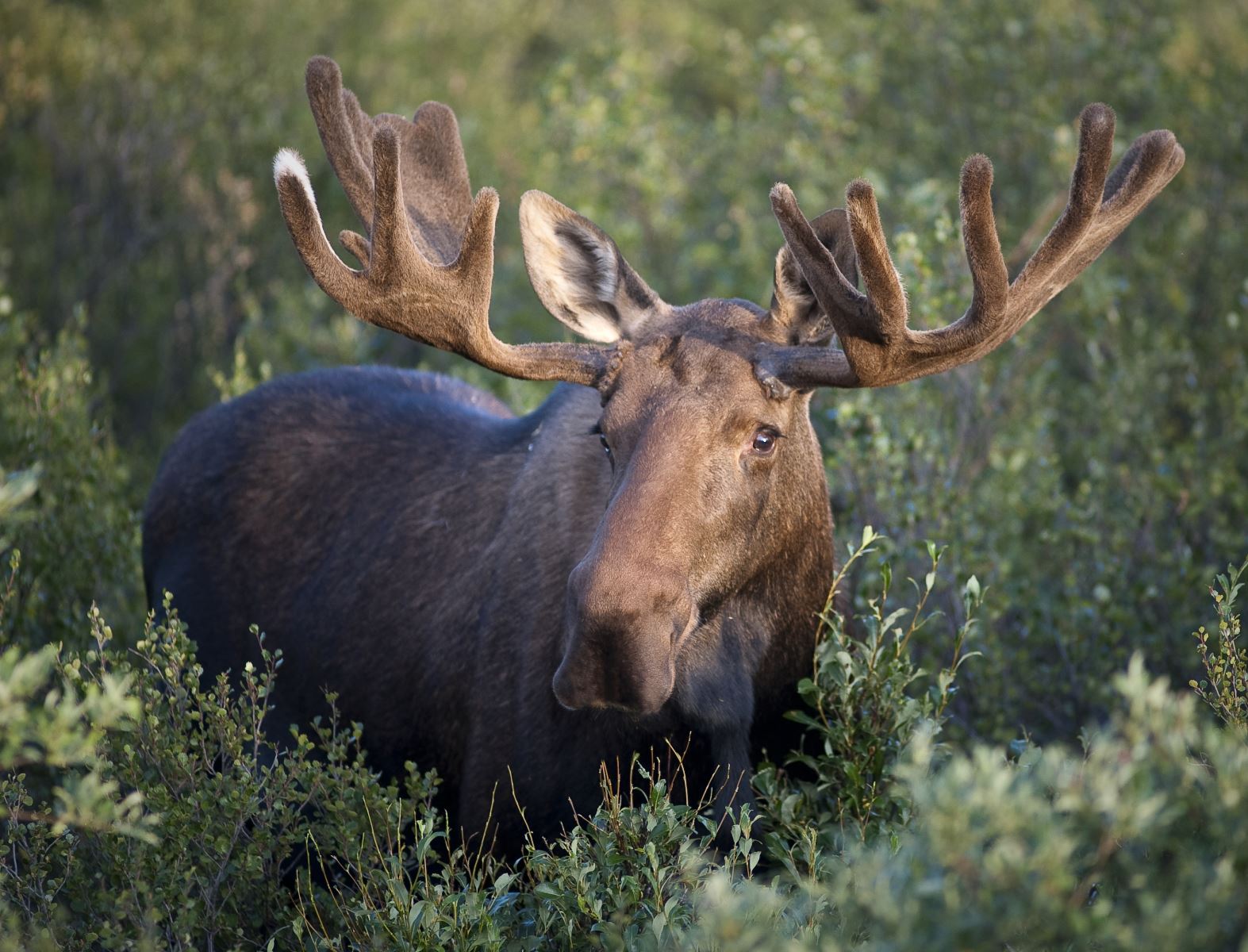 Ontario is changing how moose are hunted to respond to concerns about the moose population in certain parts of the province, says a news release from the MNRF.
Ontario is changing how moose are hunted to respond to concerns about the moose population in certain parts of the province, says a news release from the MNRF.
In 2015, Ontario is reducing moose tags for resident hunters by 15 per cent across the province and shortening the hunting season for moose calves in northern Ontario. In 2016, Ontario will also delay the start of the moose season by one week across much of northern Ontario. These actions are designed to help sustain and grow Ontario's moose populations.
The changes to the moose hunting season are the first phase of the Moose Project, a multi-year initiative that explores potential actions that the province can take to reduce pressures on moose populations.
The second phase of the Moose Project, expected to launch later in 2015, Ontario will identify:
Additional actions that could be taken to address the broader range of factors affecting moose, such as how to mitigate the effects of climate change on moose, which is changing the interplay of elements within ecological systems including weather, habitat, the role of predators and the prevalence of disease.
How moose population numbers are determined in Ontario's hunting areas (wildlife management units)
Other ways the public can be involved in helping moose populations stabilize and grow.
Recent aerial survey results suggest that moose numbers have decreased in parts of the province.
Ontario’s moose draw opened on April 21. A total of 11,428 tags will be made available through the draw.
For more information about the moose tags available in this area and changes to the hunting season, see the Hunting Notices and Updates at ontario.ca/hunting.


